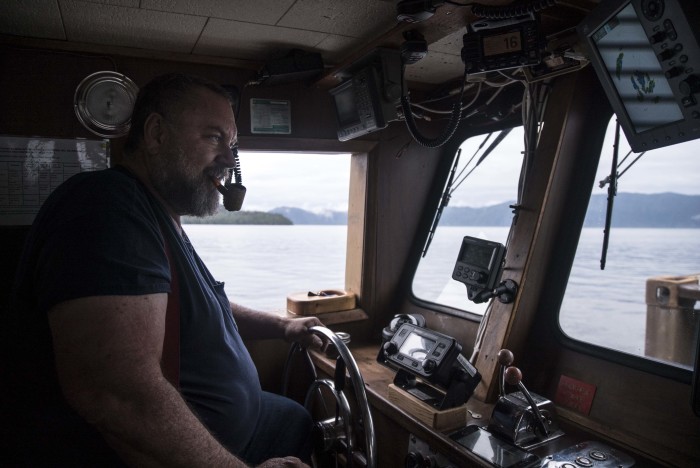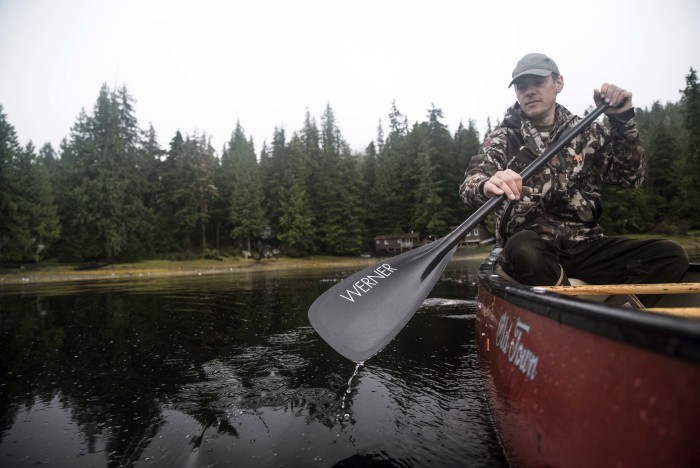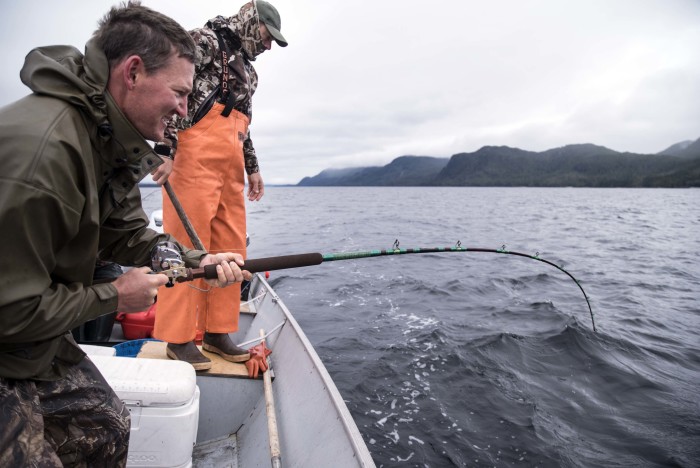
Passionate, outspoken hunters sometimes find themselves caught up in arguments with non-hunters about the ethical and cultural merits of hunting. Whether these challenges to our practices take the form of emotionally charged attacks or legitimate questions concerning hunting’s value as a wildlife management tool, we tend to use the same handful of arguments to support the hunting lifestyle. Most hunters are familiar with the most common of these: We bring balance to animal populations that, if left unchecked, might fluctuate wildly due to disease or starvation; we source healthy, organic food from game animals; we maintain family traditions; and we engage in active conservation efforts that benefit all wildlife and the environment as a whole. All of these examples are, at times, worthwhile arguments in favor of hunting. But one of the most compelling and effective ways to prove hunting is a necessary and important part of our culture is to explain its value in actual dollars and cents.
We all know the old cliche that money talks and bullshit walks, which is as true as ever when it comes to wildlife management in the United States. Virtually all wildlife in our country is managed at the state level by fish and game agencies. These agencies receive little or no hard funding from state taxpayers. Instead, their budgets are drawn almost exclusively from the sale of hunting and fishing licenses. That’s right: hunters and anglers pay for the vast majority of state-level wildlife management. This includes the preservation of everything from songbirds to black bears to native plants and clean watersheds. Without this primary funding source, wildlife and environmental conservation would inevitably suffer major setbacks in America. On the other hand, “non-consumptive” outdoor recreation such as wildlife photography, skiing, hiking, and mountain biking contribute little or nothing to state wildlife agencies. In short, just by purchasing a license, hunters and anglers are the primary investors in the future of our wildlife.
In addition to the direct funding of state fish and game agencies, hunting and fishing also contribute billions of dollars to the economy of this country-an amount that far surpasses all the other categories of non-consumptive outdoor recreation. According to the National Shooting Sports Federation and the Association of Fish and Wildlife Agencies, the nation’s 13.7 million hunters injected over 38 billion dollars into the U.S. economy in 2011. Over 680,000 hunting-related jobs supported more than 26 billion dollars in annual salaries. Those numbers don’t include the additional and even more substantial amounts generated by recreational fishermen. The U.S. Fish and Wildlife Service estimated that in 2011 sport fishing contributed a staggering $115 billion to the economy, $48 billion in retail sales and generated $20 billion in annual salaries which supported over 500,000 jobs. Meanwhile, the ski industry added around $12 billion, including retail sales, to the U.S. economy in 2010 and none of that money directly benefited wildlife or their habitats.
Unlike the sale of skis, mountain bikes, or climbing gear, all retail sales of hunting and fishing gear generate money that directly benefits wildlife. This comes in the form of excise taxes placed on every hunting and fishing gear purchase. These taxes were created many years ago by the federal government’s Pittman-Robertson and Dingle-Johnson Acts that generate billions of dollars in annual tax revenue which is then distributed to state fish and game agencies. Every time an angler buys fishing line or a new rod or a hunter purchases ammunition or a duck call, they’re making yet another financial investment in wildlife conservation.The huge economic contributions that hunters and anglers make through conservation excise taxes have been discussed in more than one MeatEater podcast.
Hunters can also provide evidence that the animals they kill are a sustainable economic resource. The hunting or “consumptive value” of a game animal is especially notable when compared to the non-consumptive value of the same animal. The consumptive values include the entire hunting experience from the value of the meat to the money spent on a hunt. The non-consumptive financial worth of an animal is the result of wildlife viewing and photography and associated tourism revenue. A detailed 2005 economic study funded by the Alaska Soil and Water Conservation District found that the consumptive value of a hunted moose is five to six times that of the non-consumptive worth of the same animal. If a game animal like a moose is capable of generating its own substantial economic value than it stands to reason those game animals will be managed for future sustainability. And, from wild turkeys to whitetail deer, it’s safe to argue that the value of all wild game (and game fish) can be assessed in a similar way in America.
Not only do we make huge contributions to the economy, the bottom line is that hunters and anglers pay it forward when it comes to wildlife conservation in our country.
Check out the MeatEater Podcast Ep. 079: From Taxes to Trout where Steven Rinella talks with native fish program manager Mike Ruhl about the end of establishing new non-native populations of sport fish; funding wildlife management; a brief history of the Dingell-Johnson and Pittman-Robertson Acts; the user-pay system; managing ecosystems as a whole; and more. You can find it here or on iTunes, Soundcloud and Stitcher.
Check out these links for information on the economics of hunting and fishing in the U.S:
National Shooting Sports Foundation’s report Hunting in America: An Economic Force for Conservation provides detailed information about participation and expenditures by American sportsmen and women.
Anchorage Soil and Water Conservation District’s report The Value of Alaska Moose.
The American Sportfishing Association’s report Economic Contributions of Recreational Fishing: U.S. Congressional Districts.
The U.S. Fish and Wildlife Service’s report on Items Taxed to Support Wildlife and Sport Fish Restoration in America.
Brody Henderson
Brody Henderson is a hunter, fly fishing guide, writer, wilderness production assistant for the MeatEater television show and MeatEater‘s editorial contributor








Conversation